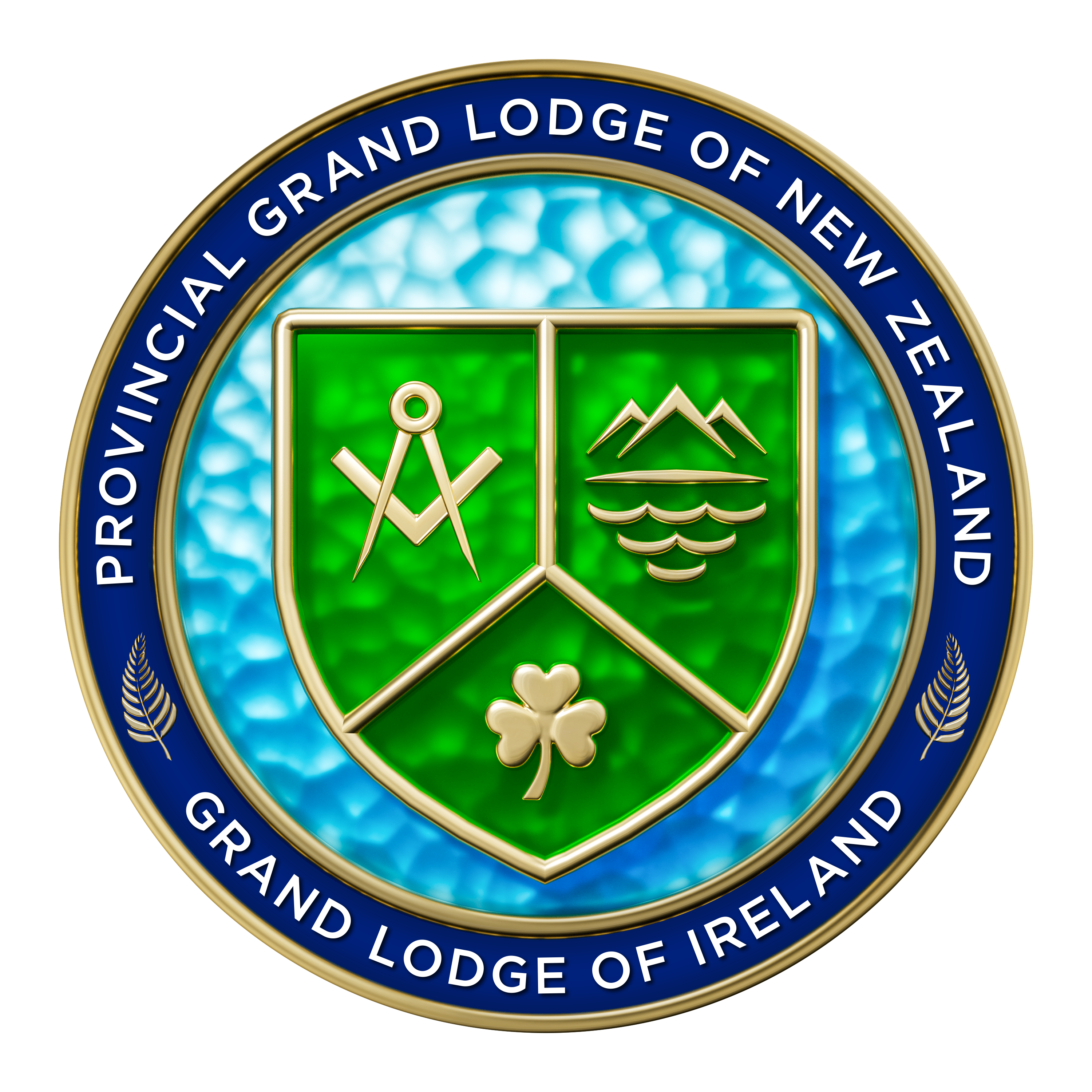
Who can be a Freemason?
Freemasons are ordinary men who try to live as good citizens with high moral principles.
They do not claim a monopoly on these ideals, but by joining together in Lodges, they practise and teach the ideals of kindness, honesty, decency, fairness, courtesy, understanding and concern for others - hoping to become better members of society.
Who are Freemasons?
They are ordinary men from all walks of life without social or financial distinction. Some do not openly declare membership; others do and wear Masonic ties or rings. Some you may like; others you may not. They are in other words, a cross-section of society.
The names of many former Masons will be familiar to you. They include several Kings and political leaders, among them, Edward VII, and Sir Winston Churchill. American Presidents Washington, Truman and both Roosevelts were members.
In the Arts and Entertainment world, Robbie Burns, William Hogarth, Goethe, Sir Walter Scott, Chagall, Clark Gable, Nat King Cole, Peter Sellers, John Wayne and even Davy Crockett and Buffalo Bill were Freemasons.
And in the realm of composers men like Mozart, Haydn, and Liszt, and from more recent times, Gershwin and Gilbert and Sullivan were all members. Famous Irishmen who were Freemasons include Edmund Burke, Daniel O’Connell, the Duke of Wellington, Oscar Wilde, the Dukes of Leinster Henry Joy McCracken and many others.


The ‘Old Pals’ factor
Freemasonry demands that its members respect the law of the land in which they live and work. Its principles do not conflict in any way with their duties as good citizens but rather strengthen them in fulfilling these duties. It never calls on a member to put the Order before his family or friends and condemns the use of his membership to promote his own or anyone else’s business or personal interests.
It insists that a Mason’s duty to society should always prevail and a member may never attempt to shield another Freemason who has acted dishonourably or dishonestly.
Cost and Time of Membership
Most Lodges meet monthly, nine or ten times in a year, and members are encouraged to attend regularly if they can. Many members will occasionally visit other Lodges. Dues or annual membership fees payable by members are modest compared with most other clubs and societies and can easily be determined by enquiry from any member of a particular Lodge.
Should you decide to join us, once accepted, we and every legitimate Lodge world-wide will make you heartily welcome.
